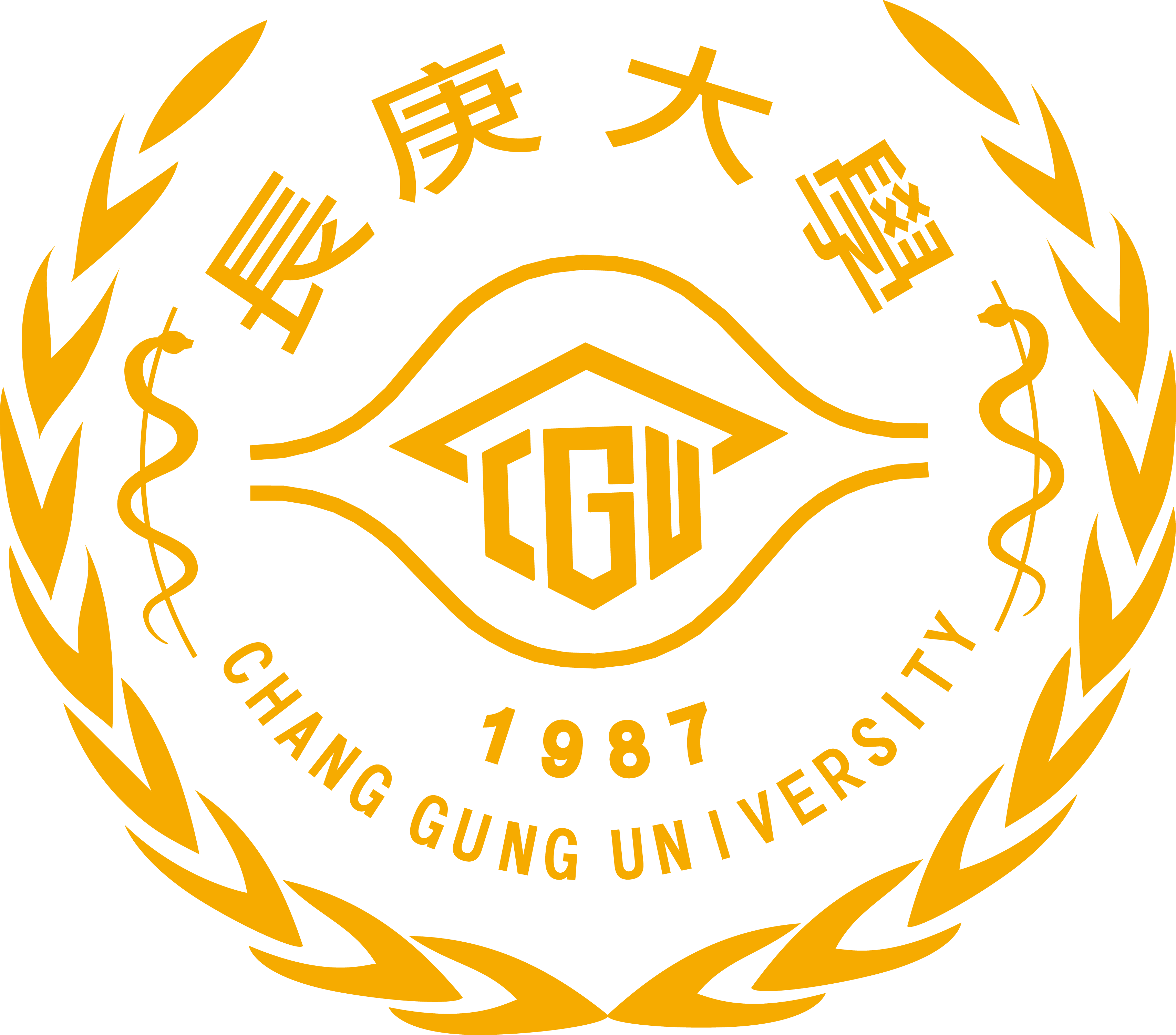Current position:
Professor, Department of Biomedical Sciences (MASTER'S PROGRAM IN CLINICAL TRIALS ASSESSMENT), Chang Gung University, Taiwan
- Associate Research Fellow, Department of Nephropathy, Chang Gung Memorial Hospital, Taiwan
- Associate Director, Molecular Medicine Research Center, Chang Gung University, Taiwan
- Elected Council Member, Taiwan Society for Mass Spectrometry
- Elected Council Member, Taiwan Proteomics Society
- Faculty member of Molecular Medicine Research Center, Chang Gung University (https://cgmmrc.cgu.edu.tw/)
- Graduate Institute of Biomedical Sciences, Chang Gung University (https://gibms.cgu.edu.tw/index.php?Lang=en)
- MASTER & PHD PROGRAM IN BIOTECHNOLOGY INDUSTRY, Chang Gung University (https://biotech.cgu.edu.tw/p/412-1106-163.php?Lang=en)
Dr. Yi-Ting Chen's research focus is on developing high-throughput technologies to detection of biomolecules, primarily based on mass spectrometry for application in translational studies of urological diseases and using the proteomic/metabolomic technologies to understand human diseases. Dr. Chen participates in several integrated research programs and serves as an investigator in the detection of bladder, kidney, and oral cancers using proteomics, metabolomics and systems biology approaches.
Our group’s research is dedicated to the development of targeted and untargeted proteomic and metabolomic platforms for disease diagnosis / prognosis. We have established several workflows for the identification of novel biosignature candidate molecules, including proteins and metabolites, for human disease. The methods are primarily based on analytical chemistry, mass spectrometry and bioinformatics to study the real world and clinical unmet needs. We have established Omics approaches to investigate the alteration of biological molecules in various biomedical specimens including blood, tissue, cell lysates and secretome, urine, saliva, and amniotic fluids, etc. The current research focus is the development of a systems biology approach to the identification and quantification of proteins/peptides and metabolites associated with the bladder cancer, oral cancer, renal diseases, and energy-metabolism during disease progression. We have established the standard workflow for targeted and precise quantification of more than two hundred of biomolecules in a LC-MS run using multiple reaction monitoring mass spectrometry (MRM-MS), which has been called the gold standard of MS-based quantitation methods. The laboratory is interested in research directed toward disease biomarker discovery using clinical human tissues, body fluids and associated cell models. The laboratory is also involved in various collaborations with chemical and biomedical researchers as well as clinical physicians (oncologists, urologists, pediatrician, and obstetrician) at the national and international levels.
More information: https://sites.google.com/site/cguytc/
- Developing high-throughput analytical technologies to detection of biomolecules, primarily based on mass spectrometry.
- Application in translational studies of urological diseases and using the proteomic/metabolomic technologies to understand human diseases.
- 2018 Young Scientist Award, LCY Education Foundation.Taiwan.
- 2017 Young Scientist Award, Taiwan Society for Mass Spectrometry.
- The best paper award, Industrial Technology Research Institute, 2010, Hsinchu, Tawiwan.
- The best paper award, Industrial Technology Research Institute, 2007, Hsinchu, Tawiwan.
- Scholarship award of Chung Hwa rotary educational foundation, 1999-2000, Taiwan.
B.S., Department of Chemistry, National Tsing Hua University, Hsinchu, Taiwan. (1996)
Ph.D., Department of Chemistry, National Tsing Hua University, Hsinchu, Taiwan. (2001)
2 Vacancies
Job Description
NA
Preferred Intern Education Level
Undergraduate or graduate level
Skill sets or Qualities
Bioinformatic skill, better with wet lab experiences.
